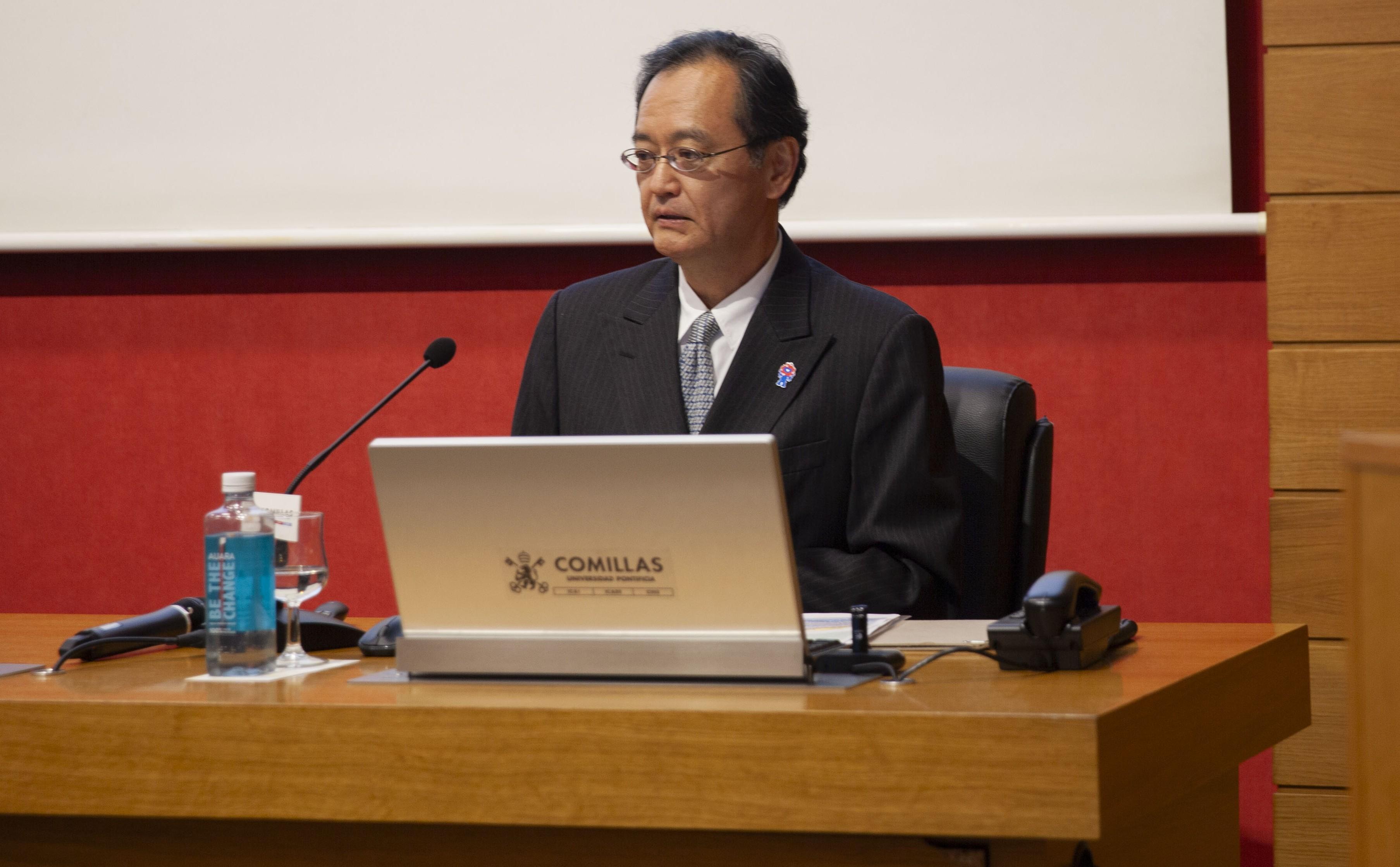drag
Degrees
Discover the academic offer at Comillas. The most qualified teachers and the most advanced technology.
Just a few seconds, we are loading the results
Come and meet us up close and discover all the academic offerings and university experience that awaits you - we look forward to meeting you!
Open days
Latest news

ICADE, Derecho
21 January 2025
Comillas ICADE received Takahiro Nakamae, Japanese Ambassador to Spain, in a colloquium that analysed the relationship between the two countries in the current context

ICADE, Derecho
21 January 2025
Comillas ICADE received Takahiro Nakamae, Japanese Ambassador to Spain, in a colloquium that analysed the relationship between the two countries in the current context
Just a few seconds, we are loading the results
Our entire offer
Discover also:
Postgraduate courses
Discover all the Postgraduate courses on offer
PhDs
Discover the full range of PhDs on offer
